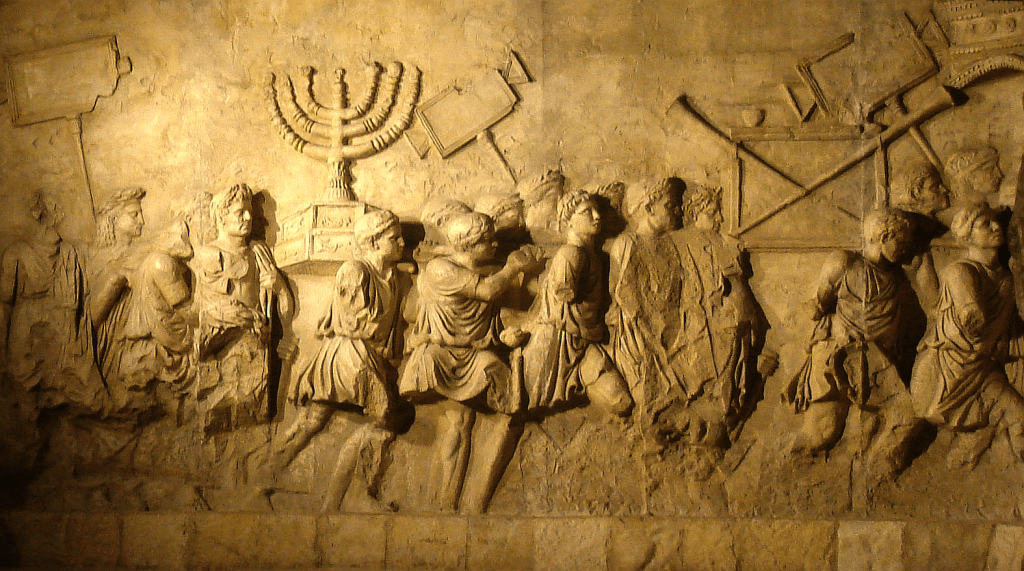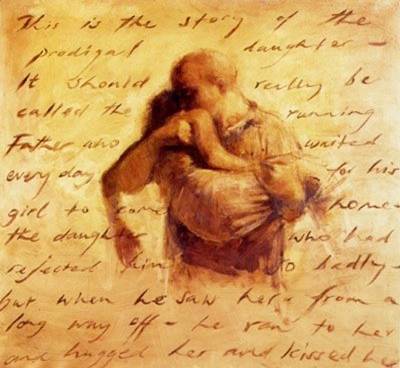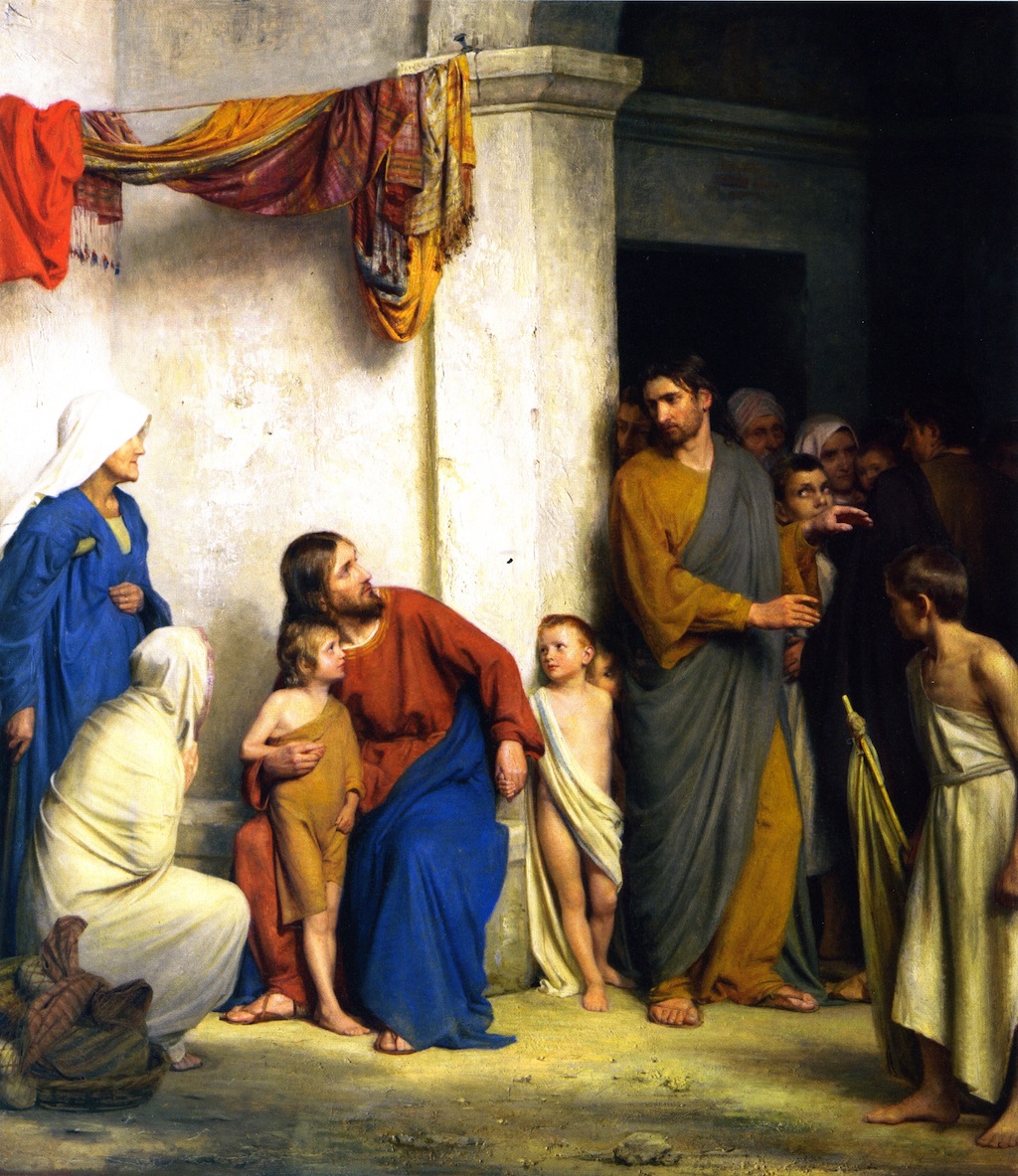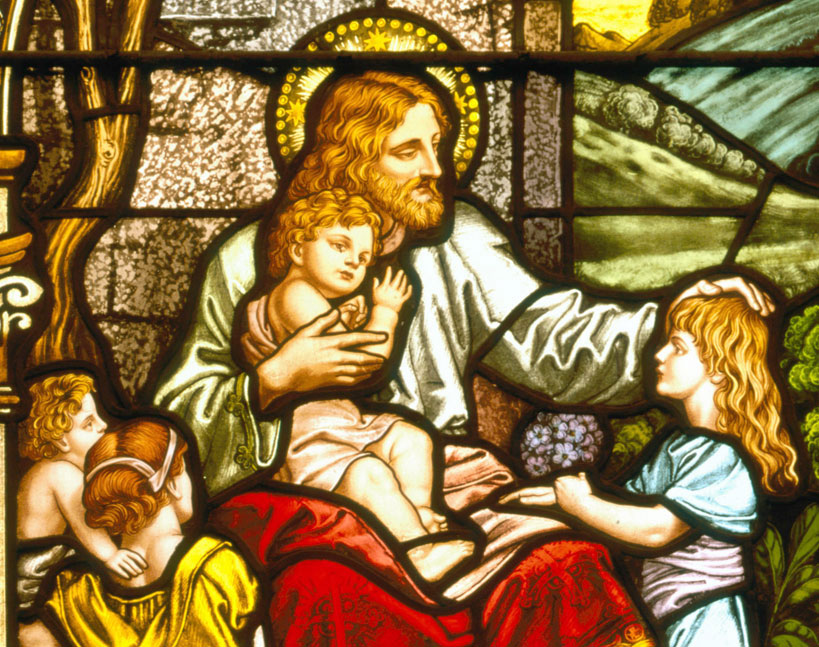There’s a passage in scripture that the church recites every year around Christmas, as a Messianic prophecy, but it has never made any sense to me. I’ve learned to pay attention to the things that don’t make sense and to search out that which is true. When my family traveled to Israel in 2016, we saw the examples of how even the scrolls with copy mistakes were handled with the utmost reverence. We learned about the painstaking process of preserving the Hebrew text and how much work was required to copy just one scroll. Jesus talked about not one jot or tittle passing away until all had been accomplished. There’s value to learn from looking at original languages.
Jesus declared Himself the light of the world and Simeon prophesied that Jesus would be a light to the Gentiles (Luke 2:32).
Isaiah 9:2 (ESV): 2 The people who walked in darkness
have seen a great light;
those who dwelt in a land of deep darkness,
on them has light shone.
So far, so good. Here’s the scripture verse that I have a few problems with the English translations.
Isaiah 9:6 (ESV): 6 For to us a child is born,
to us a son is given;
and the government shall be upon his shoulder,
and his name shall be called
Wonderful Counselor, Mighty God,
Everlasting Father, Prince of Peace.
“For to us a child is born, to us a son is given; and the government shall be upon his shoulder,” is a perfectly reasonable translation into English. I have two problems with the last part of the translation, “and his name shall be called…”.
- It refers to names that Jesus never used of himself and other aspects of a triune God. When did Jesus ever want to be called Everlasting Father? When did He call himself Wonderful Counselor? Jesus came to show us the Father and He said I will go away but give you a counsellor, one who will be with you forever, the Holy Spirit (John 14). Jesus was the word made flesh and often pointed to other aspects of the Godhead rather than Himself. He honored His Father.
- In the Hebrew, whether looking at the JPS Masoretic Text or the earlier Dead Sea Scrolls, a number of these words are nouns, not adjectives, and trying to string them together as such is a translation error.
כִּי-יֶלֶד יֻלַּד-לָנוּ, בֵּן נִתַּן-לָנוּ, וַתְּהִי הַמִּשְׂרָה, עַל-שִׁכְמוֹ; וַיִּקְרָא
שְׁמוֹ פֶּלֶא יוֹעֵץ, אֵל גִּבּוֹר, אֲבִי-עַד, שַׂר-שָׁלוֹם.
JPS Masoretic Text (Isaiah 9:5)
Hebrew is read right to left, starting with the last word in the first line, vaQara means “and to call”, but also it means “and to proclaim”. Shem with the suffix shown refers to “his name”, but in Hebrew, a name also speaks to the character or reputation.
I will work on getting permission to show the Dead Sea Scroll text here.
There is no punctuation like commas in the original manuscripts like the Dead Sea Scrolls, only whitespace. Some distinctions are that El-Gibbor is one word in the Isaiah scroll, Avi and Ad are two separate words, and Sar Shalom is written Sar followed by HaShalom (the Peace).
The words in Hebrew (names):
- Pele – a noun, translated wonder or wonderful, but also a miracle
- YaEts – Counselor (wonderful can’t be an adjective in front of the word Counselor because in Hebrew adjectives follow the nouns).
- ElGibbor – One word in the dead sea scrolls, Godly hero
- Avi – Jesus used this reference frequently, as “My Father”
- Ad – Everlasting (until)
- Sar – Ruler or Prince, Jesus is ruling over His Kingdom at the right hand of the Father now (Ephesians 1:20-21, Hebrews 1:3-4)
- HaShalom – The Peace (wholeness)
What if these were all names that the promised child (Messiah) would proclaim and bring a new understanding revealing the heart of God and bring us into deeper relationships?
What if the existence of Jesus was a miracle (another definition for Pele), exemplified by the Holy Spirit overshadowing Mary and becoming Immanuel from Heaven, God with Us?
What if God would multiply Himself by giving us a counselor who could give us guidance and lead us into all truth.
What if Jesus name were to be revealed as one who is mighty to save (El Gibbor)?
What if Jesus were to reveal God as ‘Avi’, my Father? He always prayed this way except when he felt abandoned by God during his last moments on the cross.
What if Jesus proclaimed that His Kingdom would be an everlasting Kingdom that would not go away? What if He were to give us everlasting life and hope of a resurrection?
What if Jesus introduced a new Kingdom that He would be ruling over?
What if Jesus were to usher in a peace through the Holy Spirit, not as the world knows or understands, but one that surpasses all understanding? Shalom in the original Hebrew meant nothing was missing.
What if we were to translate the rest of the verse like the following (my paraphrase)?
“And He will introduce new characteristics of God, names that you’ve never understood or even imagined before.”
- Pele – The wonderful miracle of God coming down from heaven, immaculately conceived, bearing human flesh and dwelling among us.
- YaEts – A divine helper for all those who believe to comfort you, lead you and teach you all truth.
- ElGibbor – I will go before you as a Godly hero and die in your place and be mighty to save you from your sins.
- Avi – I will reveal My Father as a God who loves above all else and the one who loves and cares for you.
- Ad – I am preparing the way for you live with me forever and provide everlasting life to you. As I was raised from the dead, so you will be also.
- Sar – I am ruling over the Kingdom of Heaven, expanding my Kingdom, building my family in love.
- HaShalom – I am the peace and wholeness that you seek for your heart and life. I will never leave you nor forsake you.
I think there’s so much that God wants to say, and there’s so much that’s hidden in His word.





